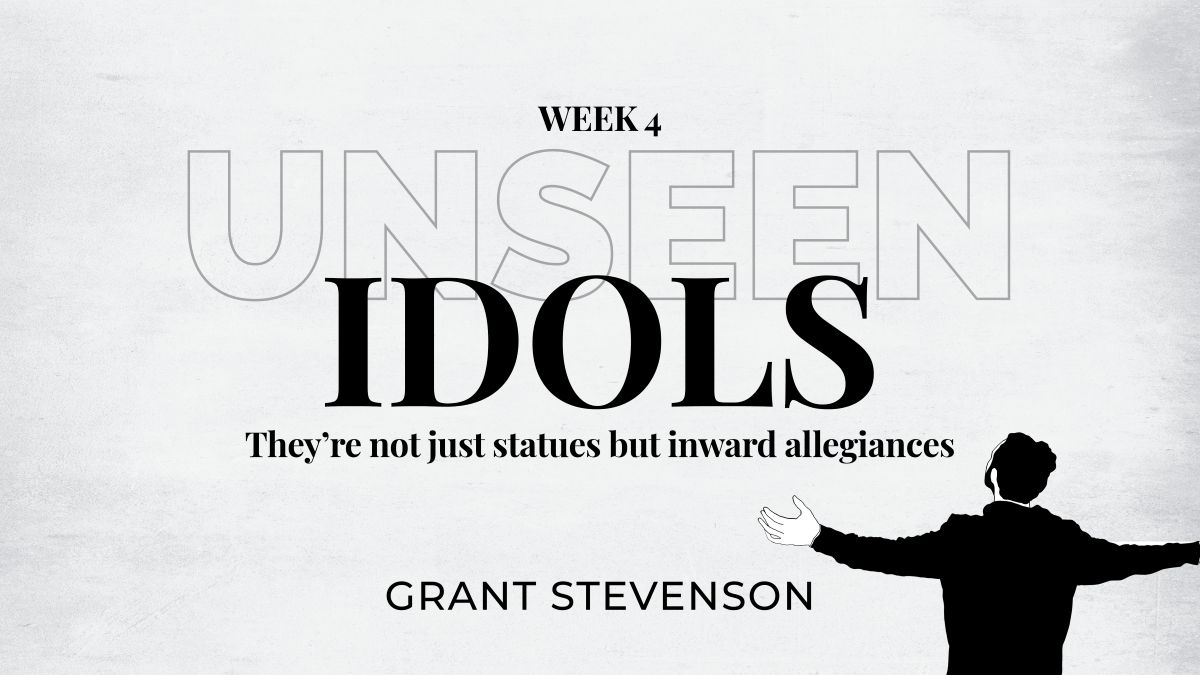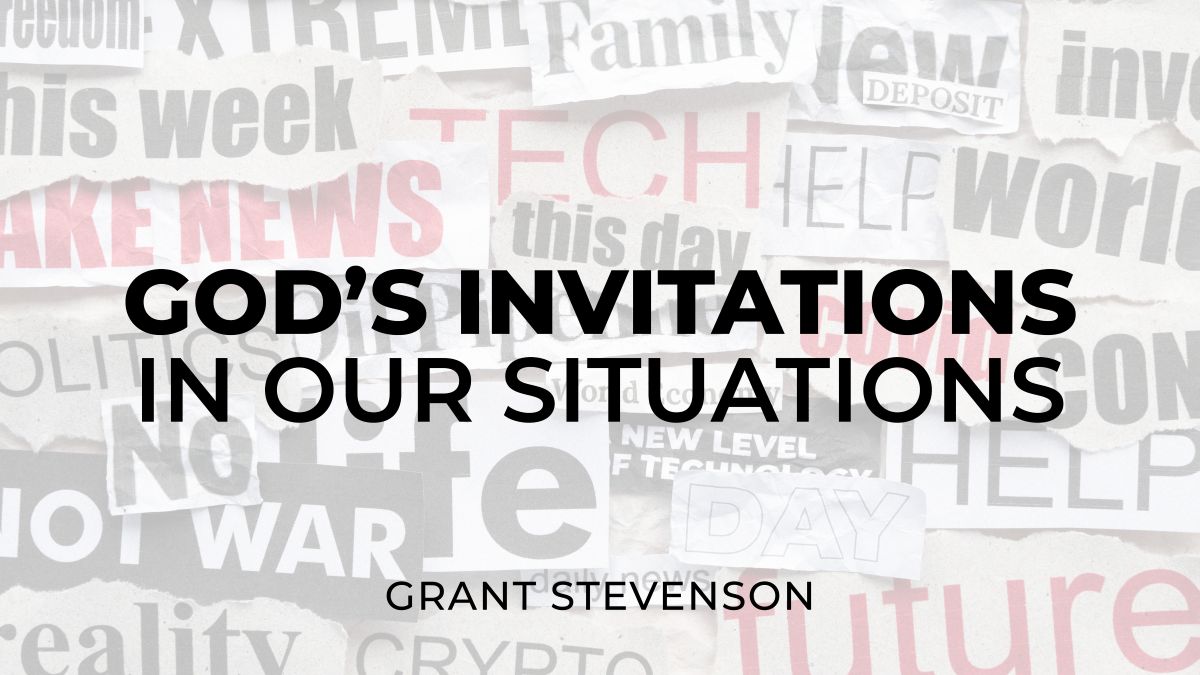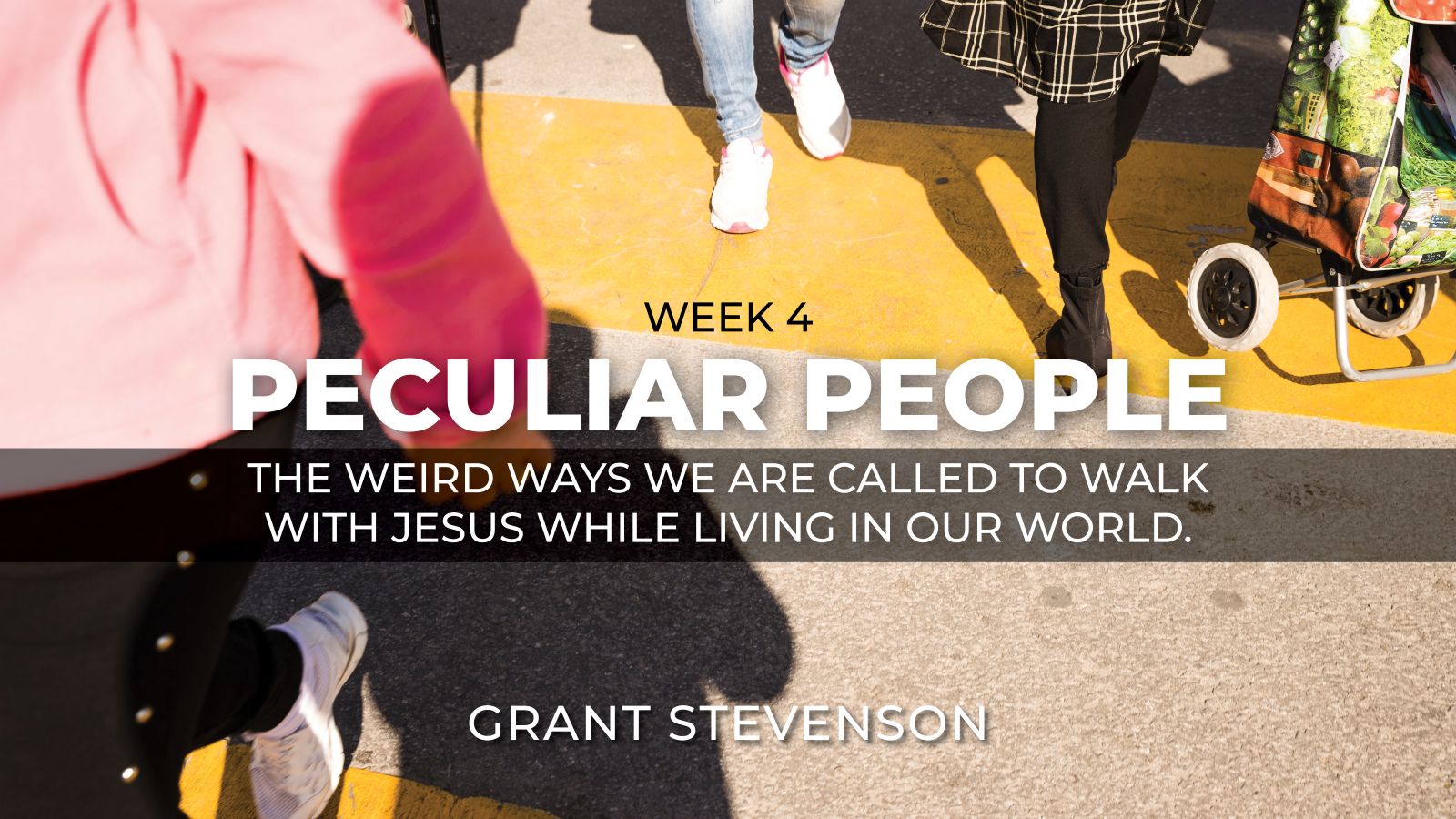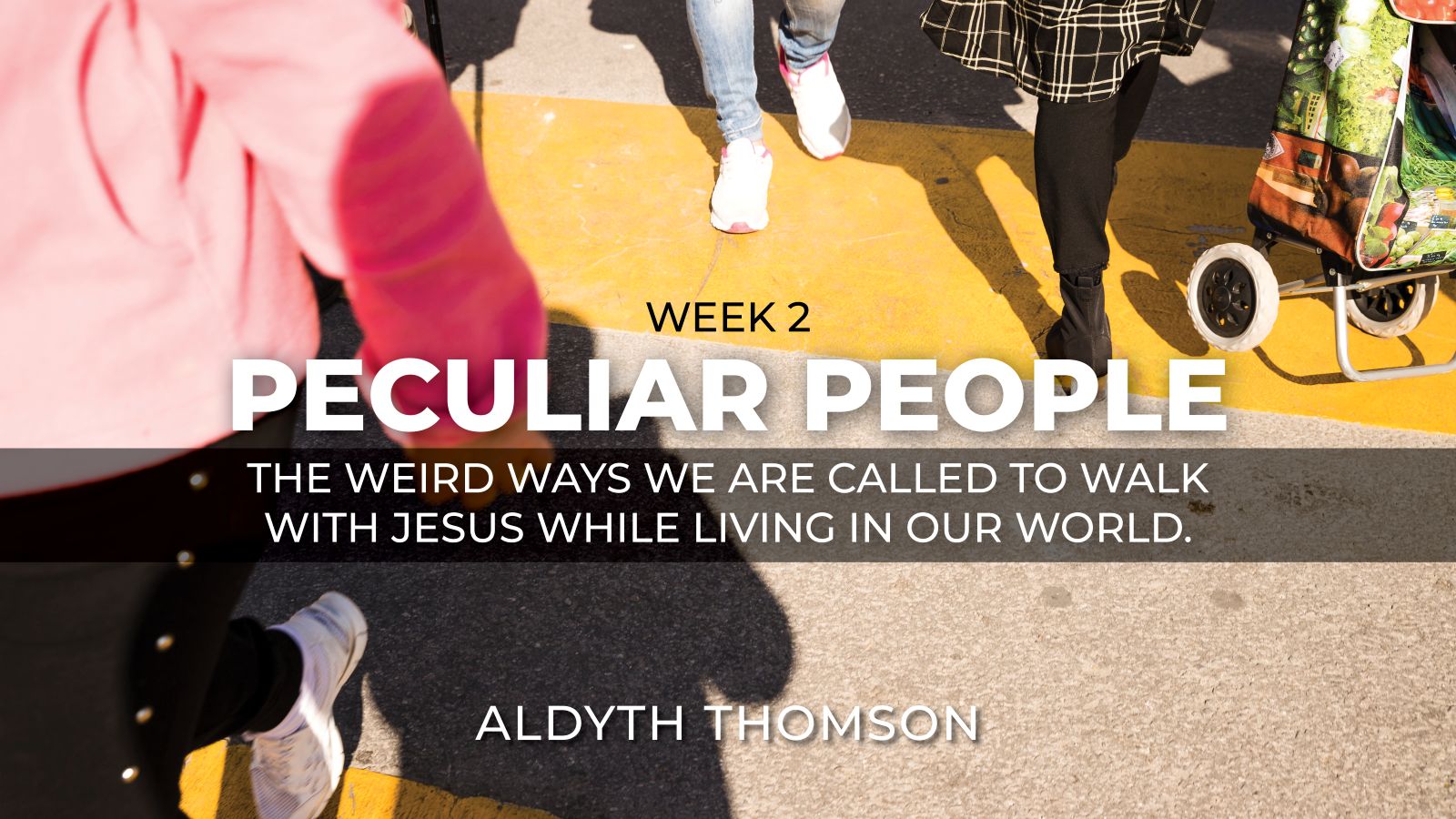Idols aren’t just statues; they are internal devotions competing with God. The idol of approval anchors our worth in others’ opinions, promising acceptance but delivering anxiety. This devotional helps identify and defeat this idol by grounding identity in God’s unconditional love.
To dismantle this idol, we must see it clearly distinguishing between healthy affirmation and idolatry. Idolatry occurs when human approval becomes our ultimate priority, giving others power only God should have.
Theologian Tim Keller states the core need is “to be loved, respected, and accepted.” This turns a natural desire into spiritual dependency, making one a “slave to the opinions of others.” When our self-worth is tied to human approval, we give others control, making us vulnerable and unstable.
Symptoms include:
Being overly devastated by criticism, overly inflated by praise.
Fearing confrontation, lying, or compromising ethics to maintain our reputation or avoid disapproval.
Social media amplifies this. It rewards validation signals like likes and shares. This encourages what psychologysts call “performative identity display,” where we curate an image rather than being ourselves in Christ.
This constant pressure intensifies the need for approval, harms our mental health, and bases our identity on flimsy social validation. This performance exhausts us and poses spiritual dangers.
The idol of approval threatens spiritual health, corroding relationships, compromising integrity, and diverting us from God’s purpose.
In 1 Samuel 18:6-9, King Saul’s worth tied to public acclaim made David’s victory a personal slight. His need for approval prevented him from celebrating David, viewing him as a rival. This impulse to compare splinters communities, as “A town or family splintered by feuding will fall apart” (Matthew 12:25). Internal idols, not external enemies, are the biggest threat.
It also prevents authentic love
Proverbs 27:5-6 states, “Better is open rebuke than hidden love. Wounds from a friend can be trusted, but an enemy multiplies kisses.” Authentic love prioritizes long-term well-being over immediate happiness. If we need to be liked, we avoid difficult conversations essential for growth. We cannot love selflessly if we depend on approval. Our “love” becomes transactional.
It leads to compromised convictions.
In 1 Samuel 13, King Saul, fearing disapproval from his men, disobeyed God’s command and offered a sacrifice. Samuel declared, “You have done a foolish thing… Your kingdom will not endure” (1 Samuel 13:13-14). Saul’s compromise, driven by fear of disapproval, sabotaged his destiny. The fear of man cost him his kingdom.
Recognizing these dangers is the first step. The next is to replace the idol with something powerful and enduring.
The idol of approval must be replaced with the truth of God’s unearned love in Christ.
“You are not what you do. You are not what you have. You are not what others say about you. You are the beloved of God.”
Henri Nouwen
Professor Dallas Willard adds,
“Our identity is not achieved; it is received.”
Our core self is a gift from our Creator. Ephesians 2:8-9 (AMP) states salvation is “by grace… not through your own effort… the gift of God; not as a result of [your] works.” Our worth is a gift, not a wage, settled by God’s love, not human opinion.
God’s love precedes our performance. Psalm 139:13-16 shows God knew and formed us before we could earn His approval. His love is proactive; He sent Jesus to die for us without certainty of our acceptance. This is the unshakable truth. When we grasp this, the frantic need to perform fades. “When we are living in Christ our saviour, we no longer need to prove ourselves worthy of love — we rest in the truth that we already are.” This is freedom: moving from an outside-in identity to an inside-out one, anchored in Christ. Resting in this truth is a lifelong journey. Invite the Holy Spirit to apply this reality to our hearts.
Reflect:
Consider these questions prayerfully:
- In which relationships or situations am I most tempted to perform for approval?
- When have I felt “overly devastated by criticism or overly inflated by praise”? What does this reveal about my sense of worth?
- Reflecting on Saul and David, whose success have I found difficult to celebrate? What does this reveal?
- When did fear of disapproval keep me from speaking truth or standing firm?
- How can I practically remind myself this week that my identity is “received” in Christ’s love, not “achieved”?
Closing Prayer :
Lord God,
I acknowledge my struggle with the idol of approval. I confess seeking worth in others’ eyes. I surrender this idol. Strengthen me through Your Spirit, so that Christ may dwell in my heart. Help me o be rooted in Your love. Grant me grace to comprehend Your boundless love. Fill me with Your presence, so that my life reflects Your unshakable love for me.
Amen.




